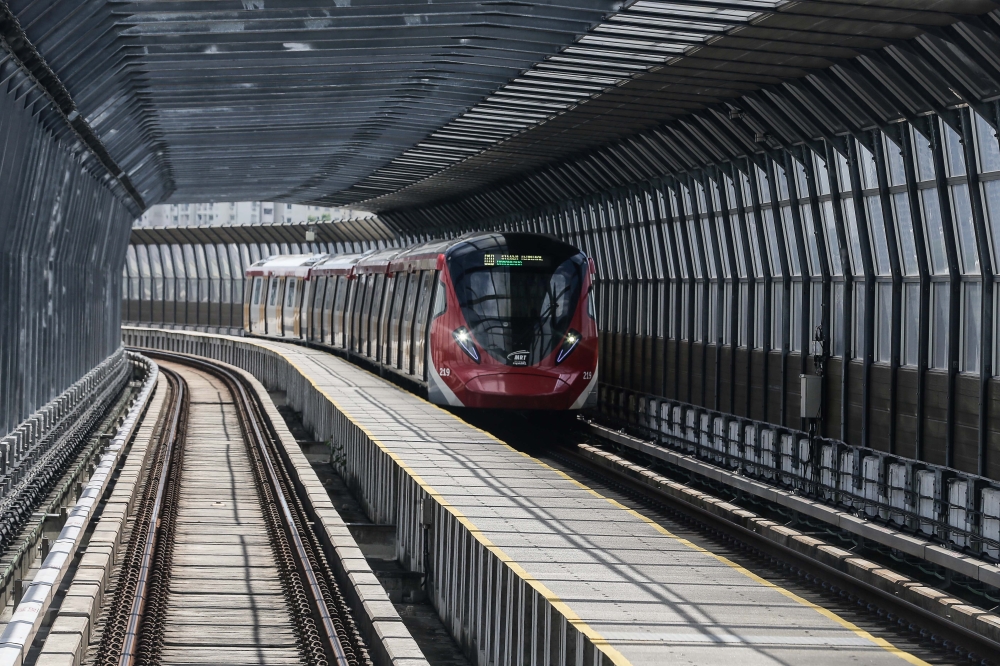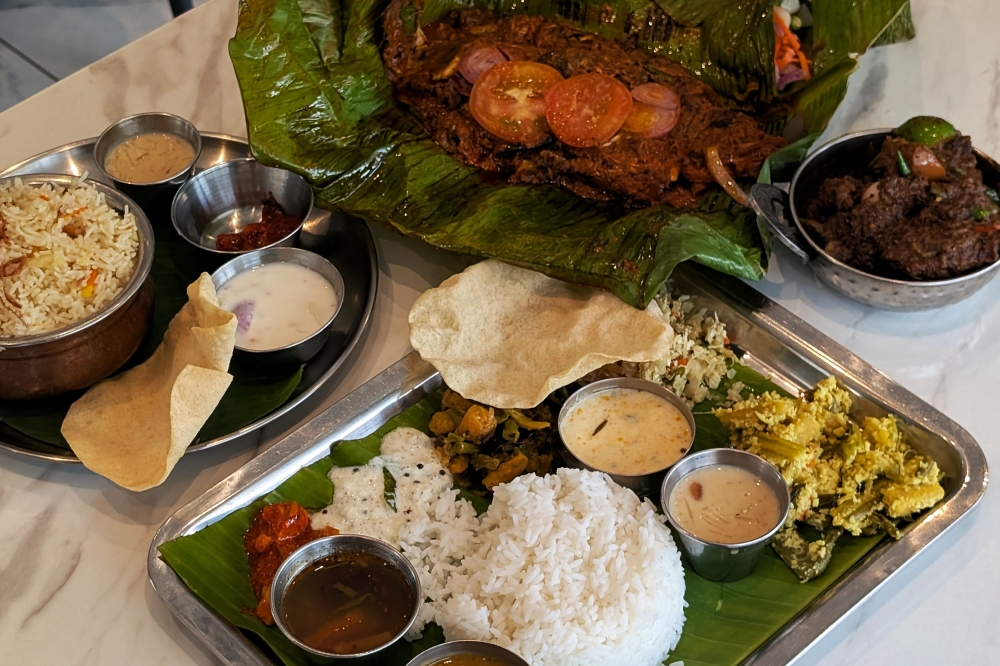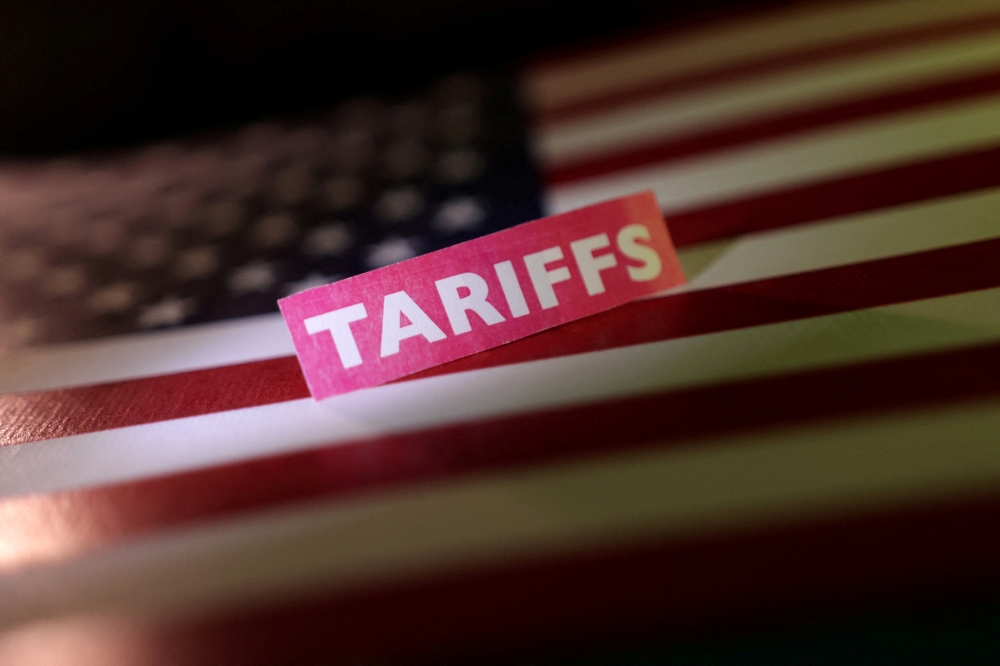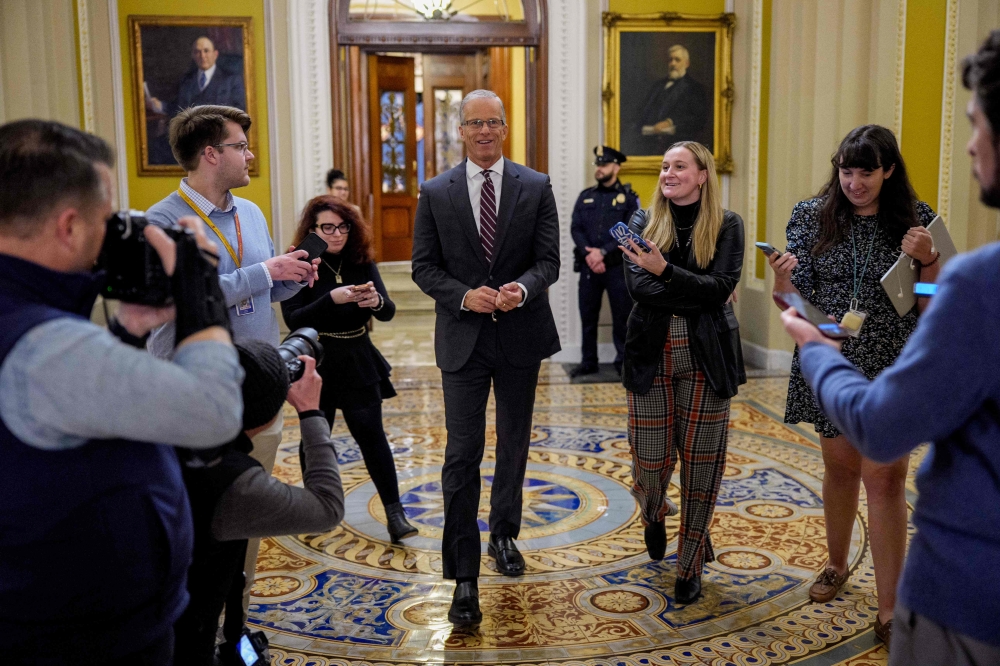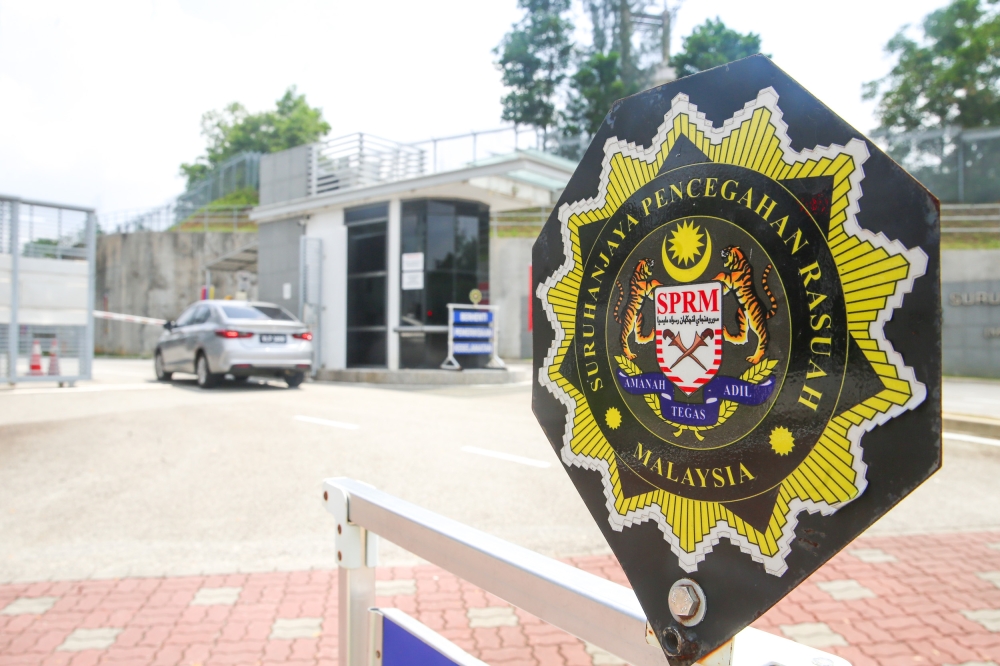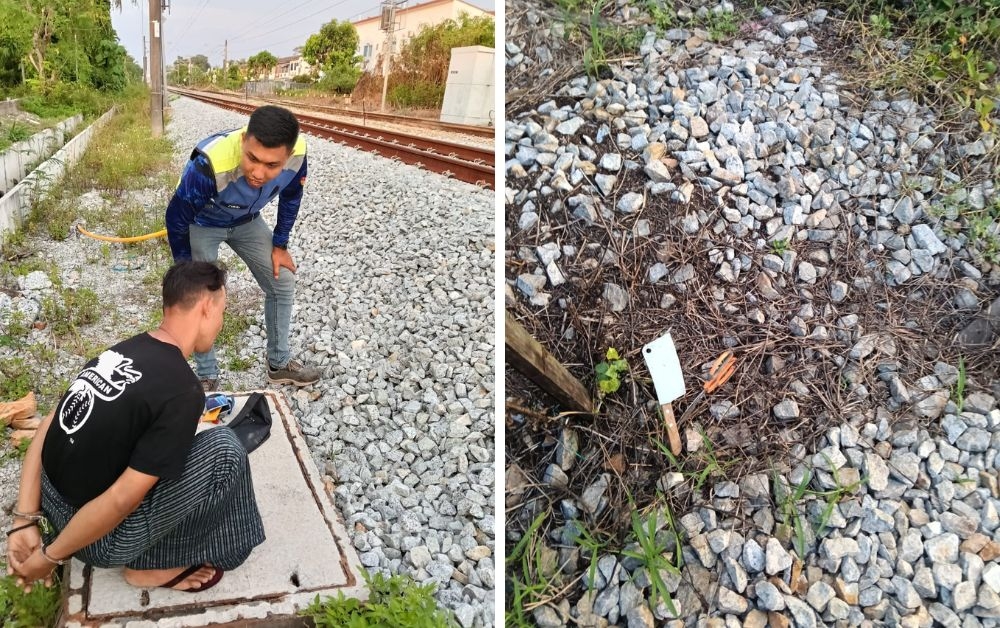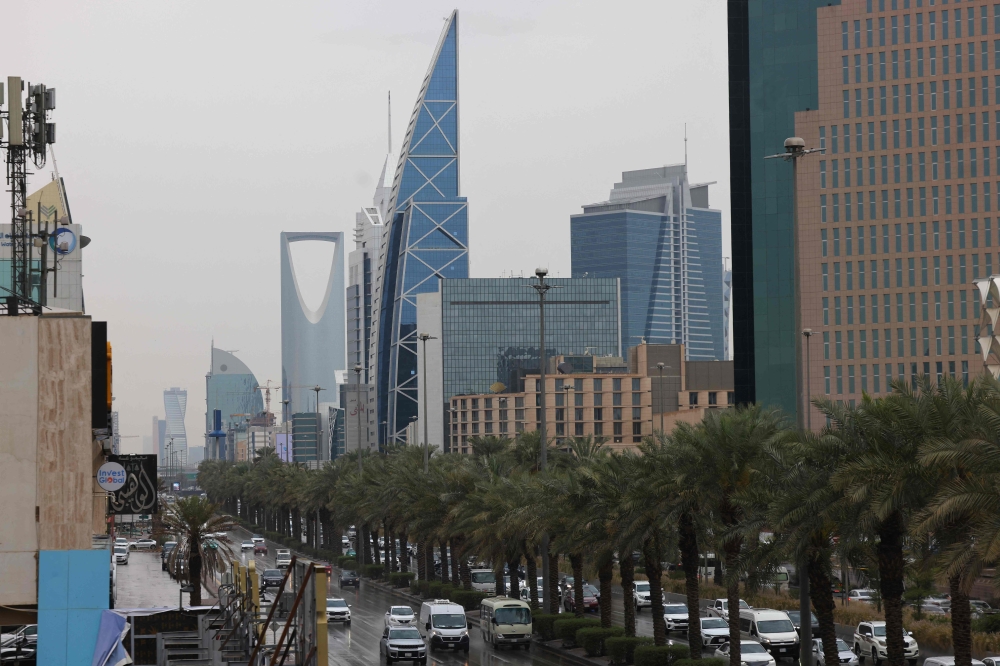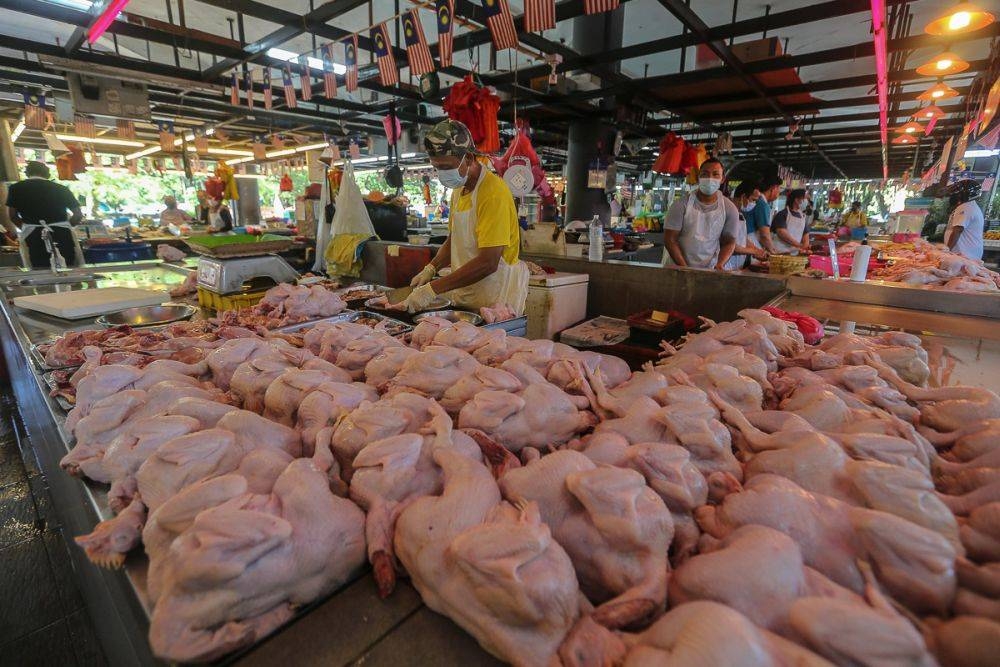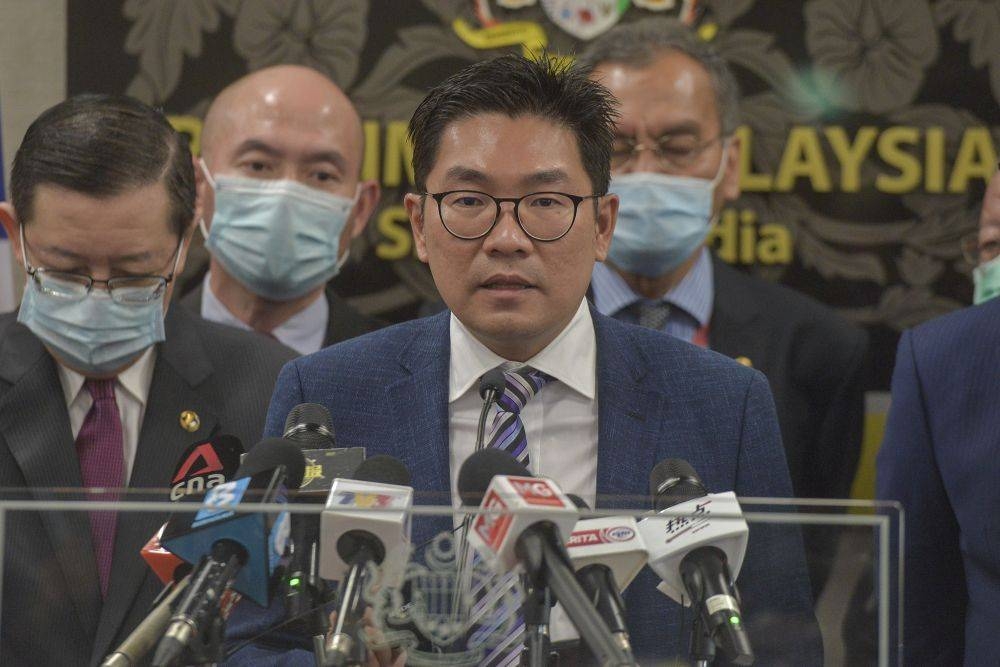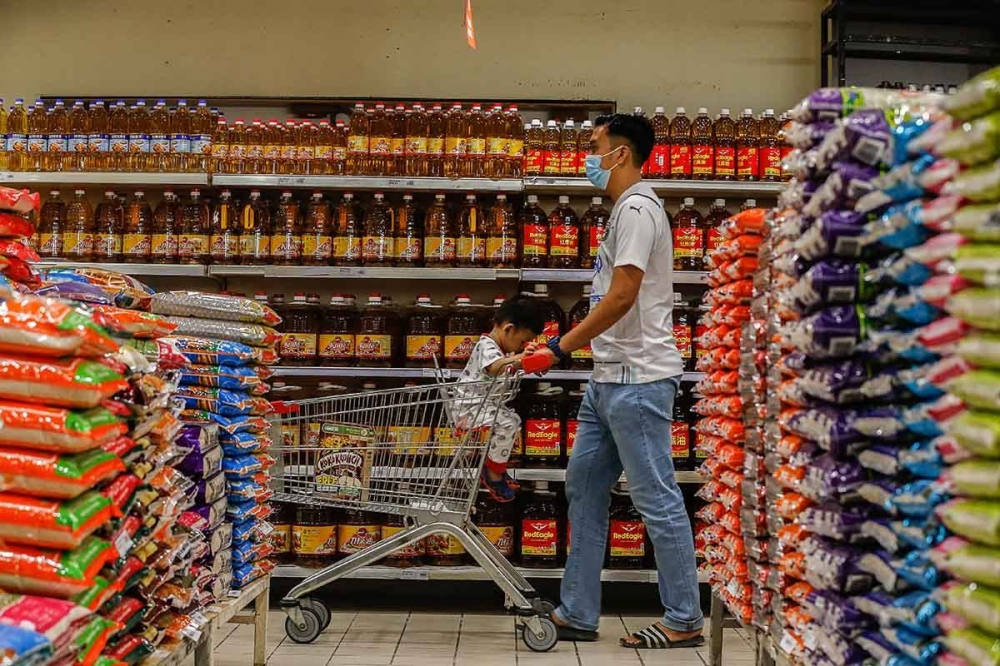KUALA LUMPUR, May 20 — The government’s move to abolish approved permits (APs) for food imports was a short-term solution that could cause lasting problems for Malaysia’s food security, industry observers and stakeholders said.
Calling the announcement an impulsive response to rising prices and food shortages in the country, they said what Malaysia needed was holistic reforms to agricultural and food policies that were long overdue.
Federation of Vegetable Farmers Association president Lim Ser Kwee told Malay Mail some imports, such as cabbages, were also not significantly cheaper, meaning local production would be put at risk for only small short-term savings.
"The government needs to monitor and control what needs to be imported to take care of our welfare too, the local farmers. We are all struggling badly as is," he said.
Local farmers would have no incentive to keep planting crops that are routinely undercut by imports, Lim said when warning that purely looking at the issue in terms of prices now could leave the country to supply shocks in the future.
This was why policies to regulate prices and imports were needed, Lim said when explaining that the current problems affecting Malaysia’s food industry were both global and systemic.
Spikes in demand and global supply shocks have caused fertilisers and pesticides to increase by 50 and 100 per cent in price, respectively, while many producers were also struggling with manpower issues, he said.
"If there are no more imports later on, who is going to plant and harvest what is needed?" he asked.
Prime Minister Datuk Seri Ismail Sabri Yaakob announced on Wednesday that the Cabinet has decided to abolish APs for food imports effective immediately, amid intermittent disruptions to local supplies and rocketing prices.
He reportedly said he also ordered the Ministry of Agriculture and Food Industries (Mafi) to prepare short- and long-term plans to avoid a food crisis in this country, due to issues such as the ongoing Russia-Ukraine conflict, which has affected global wheat supply.
While consumers are expecting some relief from the move, Datuk Ishak Mat Arif from the Selangor State Chicken Breeding Association echoed Lim in his concern about the potential shock to the local market.
He said free-for-all imports would disrupt local supply, and hoped the government would still monitor the situation to prevent Malaysia from becoming a dumping ground for unwanted goods.
The government should still find ways to support local producers for the sake of Malaysia’s food security rather than feed the reliance on cheap imports to cope for the moment, he said.
A Malaysia that was addicted to imports to feed the country would be at severe risk if supplying nations choose to stop exporting, he added.
Last week, India announced that it was banning wheat product exports indefinitely to prop up local availability, amid an existing global shortage caused by the Ukraine-Russia conflict.
"Food security is important. Let us not go to the extent where there are insufficiencies. It can happen, because foreign nations too want to safeguard their products for their people. What happens if they decide to not want to import any longer?” Ishak said.
"The action by the prime minister via this revocation is a step that is good for the people to address shortages, but opens the floodgates for other problems, mainly supply influx, which will be at our expense. It will affect us who are in the poultry business, as well as farmers.”
As with Lim, Ishak said his industry was being savaged by rising prices, such as poultry feed that has gone from RM85/kg two years ago to RM126 now. Coincidentally, poultry feed includes byproducts of grains such as wheat.
Local producers were also not making much profit at the current price ceiling of RM8.90/kg for dressed chicken even with the inclusion of the government’s 60 sen subsidy, he added.
"Without a control mechanism, how are we going to rear chickens? The influx from imports will affect us badly," he added.
According to Food Security and Sovereignty Forum coordinator Nurfitri Amir Muhammad, Putrajaya should not have rushed into the liberalising food imports before addressing more systemic issues affecting local supply.
Bureaucratic obstacles to farming and agriculture remained significant in the country, especially for those intending to use state land for the purpose, he said.
The government would do better to improve the accessibility of state land for agricultural use before resorting to reactive measures like abolishing the APs for imports, he argued.
"In the reports I received, there are many agricultural lands which are used in Perak and Selangor to develop residences and factories. The agricultural lands are owned by the government, so why weren't those used for farming if the government is truly concerned about food security?" he asked.
Beyond access, the government could also encourage the uptake of agricultural activities in the country by, among others, subsidising selected products, abolishing taxes on farming machinery, or introducing other forms of incentive.
“In the 1970's Tun Razak did this, because we wanted to increase our food security. So he gave a guarantee that any farmer, individuals or groups who want to farm on the government land, will be given permission to do so. The Rancangan Buku Hijau," he added.
The programme was launched in 1974 by the country’s second prime minister, the late Tun Abdul Razak Hussein, and incorporated into the Second Malaysia Plan with the aim of cutting a reliance on imported food and simultaneously uplift rural residents as part of the controversial New Economic Policy (NEP).
With the revocation of APs, Nurfitri said Malaysia has come full circle and would be exposed to the same problems that pushed Razak to introduce his programme.
Among others, he said there was already a glut for some local items, which would worsen with unfettered imports.
However, he conceded that the removal of APs would address a major problem with Malaysian food supply: artificial monopolies.
“(It also) prevents the formation of cartels. While that is a good thing, the downside is that many farmers would run into losses, because imports would become cheaper.
“This will hurt the farmers economically. The ones who are actually being helped here are the wholesalers who are still reliant on supply of imported food items," Nurfitri explained.
Malaysia must accept that it was unwise and unsustainable to grow more reliant on imported food, especially with increasingly unpredictable global supply and conditions, he added.
BNM already raised alarm on food insecurity, dependence on imports
In its quarterly bulletin for the third quarter of last year, Bank Negara Malaysia (BNM) had also highlighted Malaysia's vulnerable position in terms of its food security.
It said that despite Malaysia's improved ranking in the 2021 Global Food Security Index (GFSI)- to 39th overall compared to 48th in the previous year, Malaysia still lags behind many advanced and resource-scarce countries.
"For instance, among regional economies, Singapore was ranked first in the world in the ‘availability’ aspect given their high agriculture R&D activities, high commitment to food security and food access policies, and low political and social barriers to food access.
"As for Malaysia, despite a sharp improvement in 2021, the performance in the ‘availability’ aspect appears to be fragile, with the scores having dipped below global averages in the past five years," the report read, adding that there was also an apparent deterioration in the “quality and safety”, as well as “natural resources and resilience”.
BNM said weaknesses in the area of “natural resources and resilience” was particularly worrying as it would leave the country at elevated risk to global climate change and resulting adverse weather conditions.
This has already become evident; India’s wheat import ban was motivated in part by unusual and extreme high temperatures in the country that were threatening crop productions while other breadbasket countries such as the US and Canada have also seen output fall due to extreme weather conditions.
BNM also said that beyond rice production, Malaysia’s self-sufficiency for other food items was now worse than a decade prior.
BNM said that compared to 2011, the SSRs (self-sufficient ratios) of 19 out of 31 selected food items have declined in 2020, and that 13 out of 14 food items which were below self-sufficient levels in 2011, had still remained so after a decade.
The 19 out of 31 food items include round cabbage, coconut, mustard, pineapple, chicken and duck eggs, poultry meat, mutton, beef and chilli.
"As a consequence of greater food import dependency and an underdeveloped agrofood sector, Malaysia has been recording larger food trade deficits over the years. From 2000 to 2020, the compounded annual growth rate (CAGR) of Malaysia’s food trade deficit per capita was higher than that of gross national income (GNI) per capita. In other words, on average, the net food import bill of a Malaysian had actually grown faster than his or her income, despite the country’s vast resources and latent potential in the agrofood industry," the report read.

